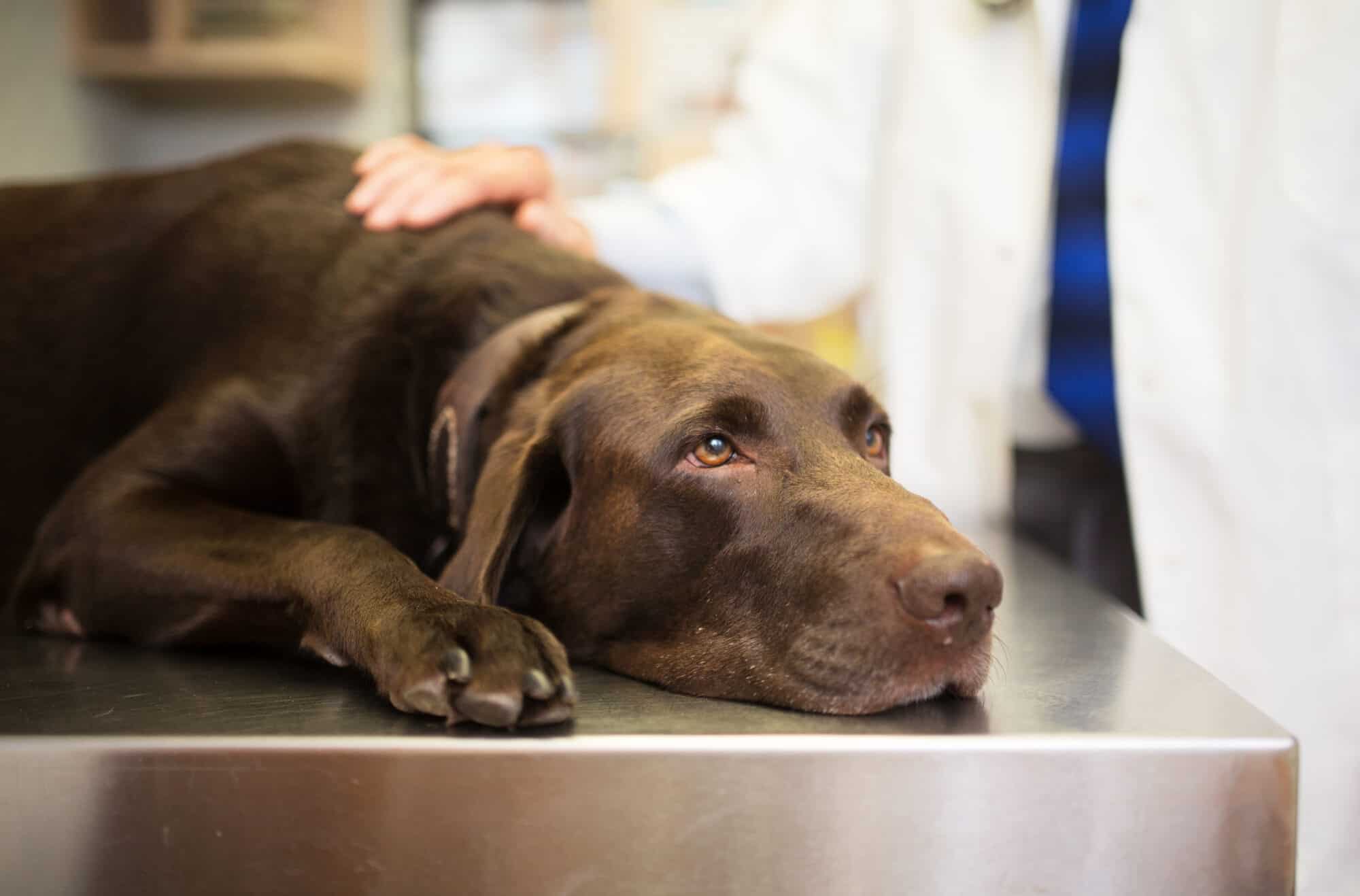Common Pet Illnesses: A Guide for Pet Owners

Without a doubt, a new pet can keep their owner busy trying to figure out the best ways to provide for them. Between all the necessary gear and supplies, a new household routine that puts the pet first, and all the ways to keep them safe from harm every day, a reckoning with possible illness may seem like a stretch. That’s where we come in.
Let’s Start With the Teeth
A majority of pets over the age of three show evidence of periodontal disease. This completely preventable condition affects the gums in four stages (from gingivitis or inflammation to tooth loss, pain, and systemic illness). With regular brushing and routine dental cleanings under anesthesia, we can prevent this common pet illness.
Weight Problems
Excessive weight in a pet can be catastrophic to their day to day well-being and longevity. Just a couple extra pounds can impact their mobility, endurance, and flexibility. What’s more, weight gain is a contributing factor to diabetes and can worsen symptoms of osteoarthritis. These two common pet illnesses affect cats and dogs equally, and are manageable with nutrition, exercise, and lifestyle changes.
Getting Older
As pets age they can develop a variety of conditions, including heart disease and kidney disease. Both conditions can be treated with medication and other supportive measures, and the prognosis can improve once symptoms are controlled. Kidney disease can be either chronic or acute, depending on the cause. Without veterinary intervention, kidney disease can become fatal.
Lumps and Bumps
Pets commonly develop masses on or just beneath the skin. These must be examined and biopsied to rule out malignancy. Lymphoma is more common in dogs and presents as enlarged lymph nodes. Fatty tumors, or lipomas, are common on cats and should be removed if they inhibit daily function or reduce quality of life.
Thyroid Issues
Hypothyroidism, a common canine disease, reduces the thyroid gland’s ability to function. This may cause weight gain, dull coat, and lethargy. Alternatively, cats are increasingly prone to hyperthyroidism, and the symptoms of an overactive thyroid can cause symptoms of vomiting, diarrhea, and drinking/urinating more.
Allergies
There are many known allergens, or triggers, that disrupt the wellness of both cats and dogs. Flea allergy dermatitis, food allergies, and environmental allergies can be expertly diagnosed and treated at Animal Hospital of West Woodstock.
Pet Behavior
Pets will stop at nothing to hide signs of illness or injury. It is crucial to know what is normal for your pet’s behavior so you can act quickly if they ever veer from that baseline.
Our doctors have the expertise you can rely on when something’s not right with your pet. Please call us at (770) 924-8847 to schedule an appointment.
